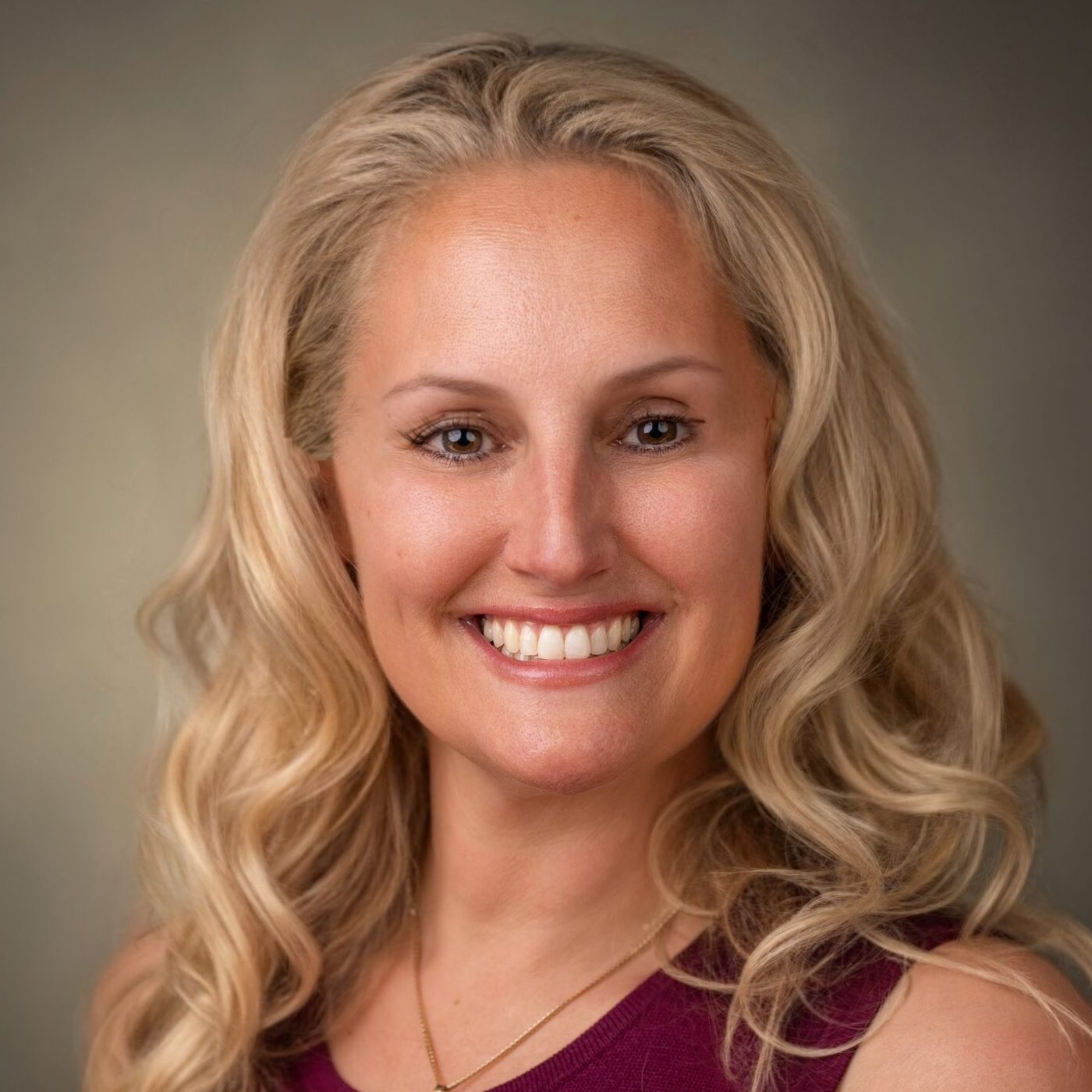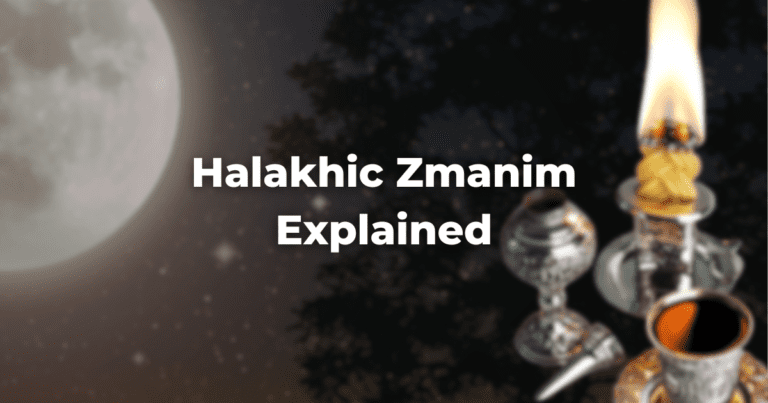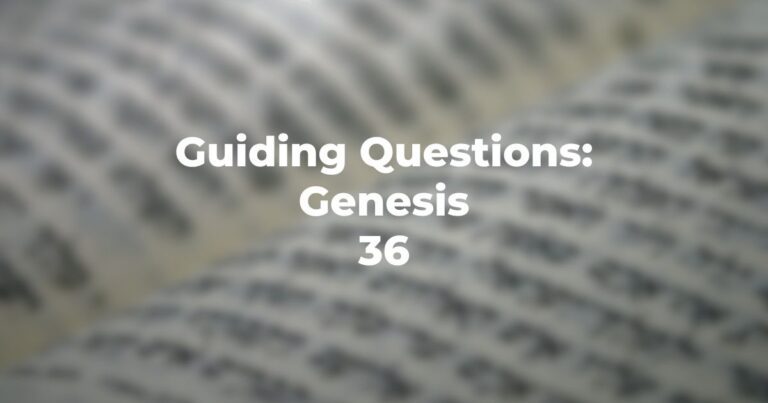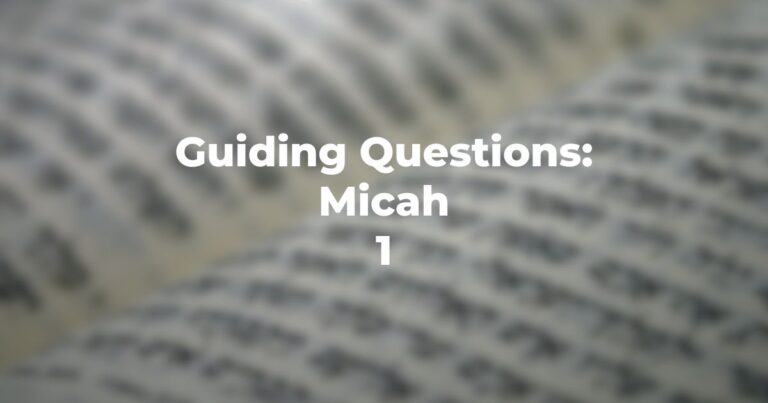There is a story told about Rabbi Menachem Mendel of Kotzk, the fiery Kotzker Rebbe. A student once came to him, restless and uncertain.
“Rebbe,” he said, “I don’t know what my purpose is. I feel I am wandering without direction. What if I am wasting my life?”
The Kotzker looked at him and replied, “Do you think Abraham knew where he was going when God said Lech Lecha? He did not. He only knew that he could not stay where he was. A calling is not always about knowing the destination. It is about knowing that you must begin.”
The student pressed him: “But how will I know I am on the right path?”
And the Kotzker answered: “When you walk a path that frightens you, yet feels alive, you will know. For God does not call us to comfort. God calls us to truth.”
The Kotzker’s words take us directly into the heart of Lech Lecha. God’s call to Abraham is abrupt, disorienting, and radically open-ended:
“Go forth from your land, from your birthplace, from your father’s house, to the land that I will show you.”
No map. No destination. No guarantees. Just a call—and the courage to respond.
We often imagine that faith means certainty, that to live with God is to live with answers. But the TorahRefers to the first five books of the Hebrew Bible, the Tanakh, also called the Five Books of Moses, Pentateuch or the Hebrew equivalent, Humash. This is also called the Written Torah. The term may also refer to teachings that expound on Jewish tradition. Read more tells us the opposite. Abraham’s greatness lies not in knowing where he was going, but in being willing to set out anyway. The Kotzker reminds us: a calling rarely comes with a precise GPS. It comes with a stirring, a restlessness, a voice that whispers, you cannot stay where you are.
The Torah tells us:
“And Abram was seventy-five years old when he departed from Haran” (Genesis 12:4).
The rabbis linger on this detail. Bereishit Rabbah (39:9) teaches that Abraham at seventy-five was “like a man newly born.” Age was no obstacle. To leave behind all he knew was to begin life again.
Another midrashThis word is used in two ways, as both a concept and a literature. As a concept, midrash is the expansive interpretation of biblical texts. The term is used to describe the practice of rabbinic interpretation. As a text, it refers to specific collections of interpretations, particularly from the third to ninth centuries in the Land of Israel and Babylonia. Plural: Midrashim
Read more in Pirkei deRabbi Eliezer sharpens this idea: God said to Abraham, “Leave the ways of your ancestors, and I will set you apart from them.” Abraham wasn’t only told to leave a place, but to step out of an inherited culture and into a new identity.
That is the essence of Lech Lecha. It is not only a journey outward but a journey inward—toward the self we have yet to meet, waiting to be discovered through risk, choice, and faith.
This teaching feels urgent today. We live in a world that prizes comfort and predictability. But Torah reminds us that the most meaningful journeys begin with discomfort—with questions that unsettle us and paths that stretch us.
Each of us has Lech Lecha moments, when God’s call comes not as a thunderous voice but as a quiet tug at the soul:
a career change that feels risky but true;
a relationship that requires honesty;
a moral stand that pulls us out of silence;
a step deeper into Jewish life, even when we don’t know where it will lead.
And these moments are not only for the young. Abraham was seventy-five.
I hear these words not only as ancient teaching but as something deeply personal. I was 34 when I left Boston—my home, the place where four generations of my family had lived—and came to New York. Eighteen months earlier, I had turned to Dan, my husband, and said aloud for the first time, “I think I want to go to rabbinical school and be a rabbi.”
In late August 2010, I walked through that door [gesture], enrolling in Rabbinical School here at JTS 31 semesters ago. I haven’t actually been in school continuously for 31 semesters. Over these years, this journey has been one of courage on a path toward clarity, balancing learning, working, teaching, and raising our four children, with Dan at my side. I’ve wandered through my own desert. Each experience has guided and shaped me. My path has been uniquely mine, just as Abraham’s was his.
This is the heart of Lech Lecha. God does not promise Abraham comfort or clarity—only that if he dares to begin, blessing will follow. Lech Lecha is not just Abraham’s call—it is the call each of us must answer in our own time: to step into the unknown, to trust that our journeys, however winding, are holy and purposeful.
And just when we might think Lech Lecha is only about hard choices, our sages remind us there is something more—something hopeful at its core. Midrash Tanhuma deepens the call, teaching that God’s words mean:
“Go for your own good, for your own benefit.”
Yes, the call is hard. Yes, it demands courage. But it is also for our becoming—for our joy.
This is the message we need most right now. We live in uncertainty. We don’t always have the map. But to be a Jew is to hear God’s call: Lech Lecha. Go forth. Go deeper. Go truer. Go toward the self you have not yet met. Go toward the people we are still becoming.
And there is another level: for your good, yes, but also for the good of those who will come after you. God promises Abraham:
“I will make your descendants like the dust of the earth” (Genesis 13:16).
Abraham’s journey was not just for himself. It was for future generations, for the unfolding story of our people.
So too for me. The love I’ve found in Torah and Jewish learning is deeply personal it’s the fire that stirs something alive in me. But my Lech Lecha isn’t only about my growth. It’s about creating spaces where others can hear the stirrings of their own call, where Torah is shared, lived, and carried forward in ways that are uniquely theirs.
Being a rabbi isn’t about having all the answers; it’s about walking beside others as they discover their own path of faith.
On a recent trip to Israel, standing at the Kotel with Women of the Wall on Rosh Chodesh, I felt that truth in my bones. Every journey I’ve made, from Boston to New York, from classrooms to summer camps, from study halls to pulpits, has led me to this moment: to stand in solidarity, to lift my voice for Torah, for Israel, and for our people… and to trust that the trembling I feel is the sign that I am exactly where I am called to be.
That is the blessing of Lech Lecha.
We are called not only for comfort, but for truth.
Not only for clarity, but for courage.
The Kotzker Rebbe taught that when the path stirs something alive in us….even when it frightens us……that’s how we know it’s sacred. Lech Lecha is that call.
It doesn’t promise certainty. It doesn’t offer guarantees. It invites us to trust that the trembling in our bones is not a warning sign, but a holy nudge. That our path is ours for a reason.
May we each have the courage to step toward what is unknown but deeply true.
May we trust the sound of our own calling.
And may we walk forward with faith…..not because the way is clear, but because it is ours to walk.





